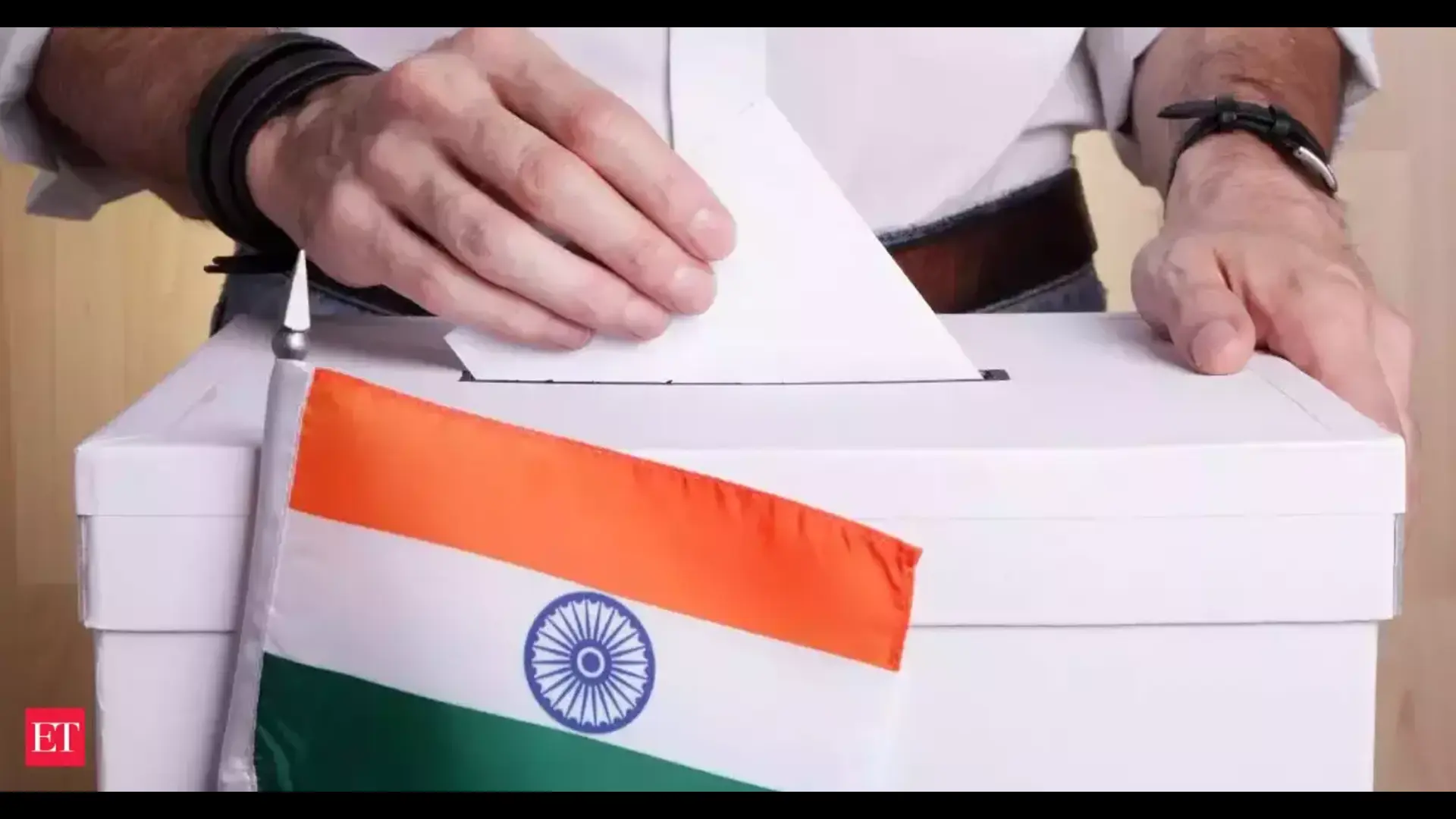The “One Nation, One Election” initiative took a significant step forward with the introduction of a constitutional amendment bill, which outlines the framework for holding simultaneous elections for the Lok Sabha and state assemblies. While the bill paves the way for synchronized polls, the actual implementation is not expected until 2034. The proposed amendments aim to align the terms of the Lok Sabha and state legislative assemblies, with the gradual synchronization set to begin after the 2029 general elections. The bill also includes provisions for mid-term elections in case of early dissolutions and extends to synchronizing elections in Union Territories.
Key Points:
- Simultaneous Elections Delayed Until 2034
The much-discussed “One Nation, One Election” bill proposes a long-term plan for simultaneous Lok Sabha and state assembly elections, but actual implementation is not expected until 2034. - Amendments to the Constitution
The bill includes constitutional amendments and new articles aimed at synchronizing the terms of the Lok Sabha and state assemblies. This will enable simultaneous elections once fully implemented. - Lok Sabha and State Assemblies to Align by 2034
According to the provisions, after the 2029 Lok Sabha elections, simultaneous elections will begin in 2034. Until then, the terms of the Lok Sabha and state assemblies will gradually align, with mid-term elections held only for those legislatures that are dissolved early.
Details of the Bill:
The Constitution (One Hundred and Twenty-Ninth Amendment) Bill, 2024, which was approved by the Union Cabinet, sets the stage for simultaneous elections. The bill proposes key constitutional amendments to synchronize the terms of the Lok Sabha and state assemblies. These changes will come into effect after the appointed date, which will follow the 2029 Lok Sabha elections.
The amendments will lead to a system where all state legislative assemblies will complete their terms in alignment with the Lok Sabha, bringing all elections in the country together in 2034.
Simultaneous Elections: What Does the Bill Propose?
- Article Amendments: The bill seeks to add Article 82(A) for simultaneous elections and amends Articles 83, 172, and 327. These amendments will allow Parliament to introduce measures to hold the elections together.
- Term Alignment: If a state assembly or the Lok Sabha is dissolved before completing its full term, mid-term elections will be held only for that legislature. The new elections will have terms that end when the current Lok Sabha term expires.
- Impact on Legislative Assemblies: Assemblies elected after the appointed date will follow a five-year term, ending with the Lok Sabha term.
Kovind Committee’s Recommendations Influence the Bill
The bill is based on recommendations from the Kovind Committee, which was set up in September 2023 to examine the feasibility of simultaneous elections. The committee recommended that the first stage should focus on aligning the elections for the Lok Sabha and legislative assemblies, including those in Union Territories like Delhi, Jammu and Kashmir, and Puducherry.
Amendments for Union Territories
Another bill, the Union Territories Laws (Amendment) Bill, 2024, will introduce amendments to synchronize elections for the legislative assemblies of Union Territories. This bill proposes changes to laws governing Delhi, Jammu and Kashmir, and Puducherry, ensuring that their elections are aligned with those of the Lok Sabha.
Next Steps and Timeline:
- The One Nation, One Election bill is expected to be introduced in the Lok Sabha on Monday, paving the way for the necessary constitutional amendments.
- Simultaneous Elections are slated to begin in 2034, but the legal framework and coordination for this shift will take several years to finalize.
- The appointed date after the 2029 Lok Sabha elections will mark the beginning of gradual adjustments towards synchronizing the electoral terms.




















